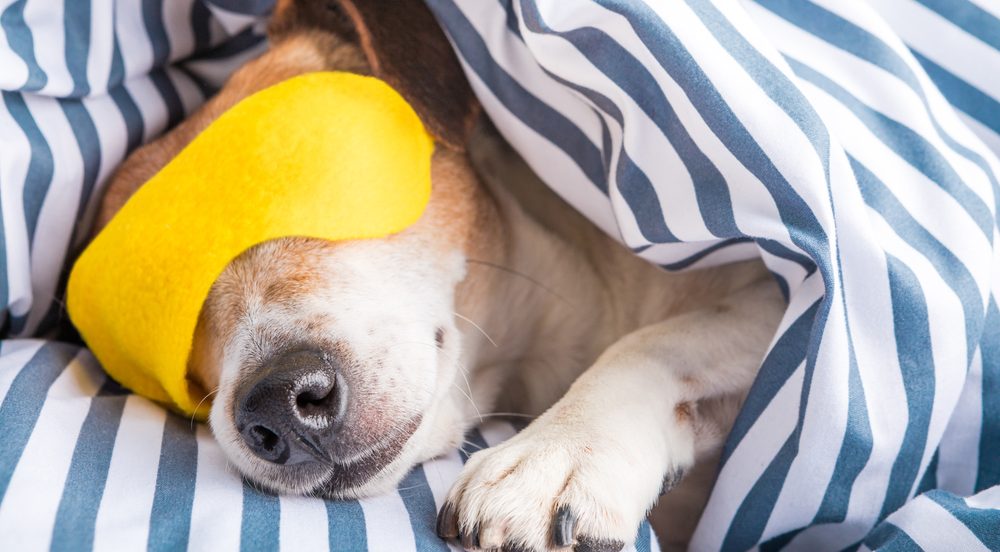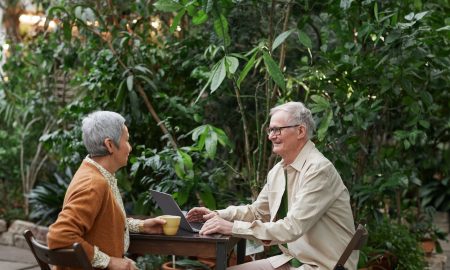
Four Golden Rules for Maximizing Your Nap Time!

In this modern world where our day is filled with hectic schedules of work and personal appointments, getting enough, restful sleep seems like a privilege now. We find ourselves only sleeping for 2-5 hours before we’re up and about to run our daily errands. That’s why as much as possible, we try to compensate for our lack of sleep by taking short naps throughout the day whenever we have free time.
Taking a nap can help us reduce the drowsiness we feel and it can also revitalize our energy to get through the day and increase our productivity. However, most of us struggle with finding the right timing to take a nap. Having a shorter nap leads to having problems taking naps or sleeping later on. While taking a long nap leads into a deep sleep and you’ll feel sluggish and tired instead of being energized. How can you maximize your nap time? Here are the golden rules you can apply to make the best of your nap time according to experts.
Aim for 15-90 minutes of nap time, at most.
The ideal duration of taking a nap according to Philip Gehrman, Ph.D., of the University of Pennsylvania is between 15-30 minutes since it can help spike your alertness and energy. Meanwhile, Sara Mednick, Ph.D. at the University of California at Irvine claimed you can nap for a longer period (up to 90 minutes) if you’re mentally blocked. She said that a longer hibernation could help you decompress your mental block to get your creative juices flowing.

Matej Kastelic/Shutterstock
The experts warn you to be vigilant of your nap timing, though. Waking mid-cycle (after 30 minutes and before 90 minutes) can cause sleep inertia since it interrupts your sleep cycle, causing you to feel sluggish and grogginess.
During this time, your body and mind enter the lightest to the deepest stages of sleep cycle without taking into a full, deep sleep. So by the time you wake up, you’ll feel refreshed, energized, and your creativity is at its peak.
The experts recommend you to set up an alarm so that you won’t get disturbed during your nap time. And when the alarm rings, be mindful not to hit the snooze button and get up immediately. It’s also recommended that you make a decision for the first 20 minutes after you woke up. This will help your body and mind perk up and get past the post-nap fuzziness.
Skip your Pre-nap Workout.

Iryna Kalamurza/Shutterstock
According to Gehrman, while working out can help boost your energy, it doesn’t help your body and mind fill up the rest you need.
Most people assume that hitting the gym before taking a nap will help them nap easier. After all, your body is exhausted so you should be able to sleep right away, right? That’s where you’re wrong. If anything, exercise will stimulate your brain, making sleep or taking a nap more difficult for you.
If possible try to skip your workout before taking a nap. If it doesn’t suit your schedule and you really don’t want to skip your workout, then exercise at least 2 hours before you take a nap. The time interval will help normalize your elevated heart rate and drop your body temperature to the normal levels. This time, you can take a nap easier.
Establish a Consistent Nap Schedule.
Gehrman also recommends you take a nap around the same time every day and stick to the schedule for at least 1-2 weeks. This is to train your body to take a nap and learn when to power down. The moment your body gets accustomed to the schedule, it’ll be easier for you to sleep faster.
While most people tend to nap sometime after lunch, Gehrman said you can take a nap and curl up the moment you feel the tiredness symptoms such as yawning, your head and eyes threatening to drop and close, or if you feel foggy.
Make Your Nap Place Comfortable As Possible.
In order to induce nap, you need to stimulate your external environment too. You can only do that if you’re napping or lying in a comfortable place. That’s why it’s recommended you take a nap at a sofa where your body can lie down properly.
Add cushions or pillows if you must. Sleeping at a desk may help you, but you might end up tossing and turning because your body is tense and you’re uncomfortable, making your nap difficult.
More in Mind & Mental
-
`
Why Adults With ADHD Are 3x More Likely to Develop Dementia
We have all heard of ADHD, haven’t we? Hyper kids, distractions galore, restless minds – these are images we often associate...
December 11, 2023 -
`
Signs of Emotional Connection in Relationships
Building a strong connection with someone isn’t just about being in sync or sharing hobbies—it’s about that deeper bond, where you...
December 4, 2023 -
`
Hollywood’s Shortest Marriages: Britney Spears, Carmen Electra & More!
In the glitzy world of Hollywood, where fairy tales often unfold on the silver screen, there exists a flip side—a realm...
December 3, 2023 -
`
The Surprising Benefits of Unplugging
In today’s hyper-connected world, where we are constantly bombarded with notifications, messages, and the allure of social media, disconnecting may seem...
November 26, 2023 -
`
How “Looking Your Best” Improves Our Wellbeing
Most of us have had moments standing in front of our closet, deciding on an outfit for the day. And we...
November 15, 2023 -
`
Therapy? Medication? What Are the Treatments for PTSD
Post-Traumatic Stress Disorder (PTSD) is a common after-effect of traumatic events. It can be a debilitating condition, but the good news...
November 7, 2023 -
`
Meet the Woman Who ALMOST Married Barack Obama
Barack Obama’s life has been a captivating narrative, often told and retold, with each revelation adding layers of intrigue to his...
November 5, 2023 -
`
The Rise of Caviar Bumps, Thanks to Gen Z
In an intriguing twist of culinary culture, millennials and Gen Zers are drawn to an unusual indulgence – fish eggs, or...
October 28, 2023 -
`
Everything You Need to Know About Acid Reflux, Heartburn and GERD
Ever had that burning-in-the-chest sensation after a meal? Or perhaps you have lain awake at night with an odd sour taste...
October 17, 2023















You must be logged in to post a comment Login